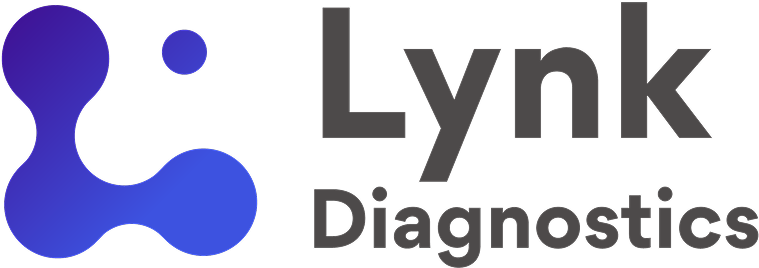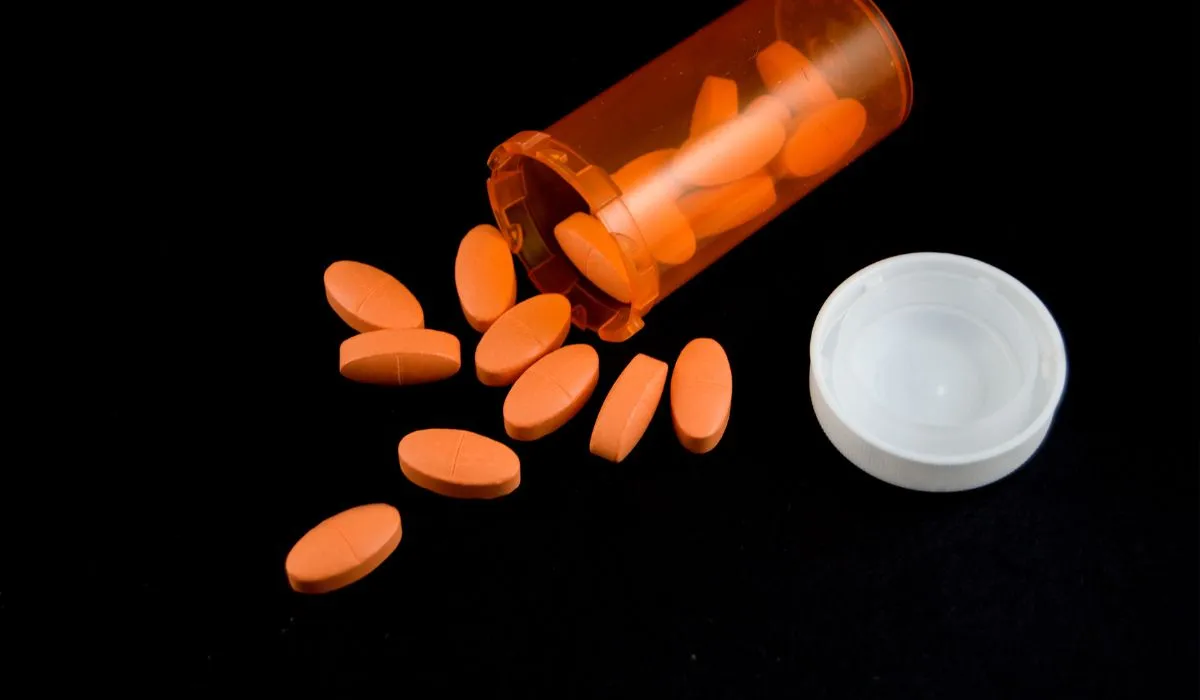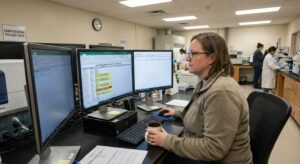Does Fluoxetine Show Up on a Drug Test?
Many people wonder if fluoxetine, also known as Prozac, shows up on a drug test. This is a very good question, especially if you or someone you care about is a patient taking medicine for mental health. In this article, we will talk about fluoxetine, how it works, and if it shows up on tests like a urine test or a saliva test.
Fluoxetine is a type of antidepressant. It helps people with major depressive disorder, anxiety disorder, panic disorder, and social anxiety disorder. Some people also use it for addiction or other disease treatment plans. Doctors who work in psychiatry give this medication to help balance chemicals in the brain.
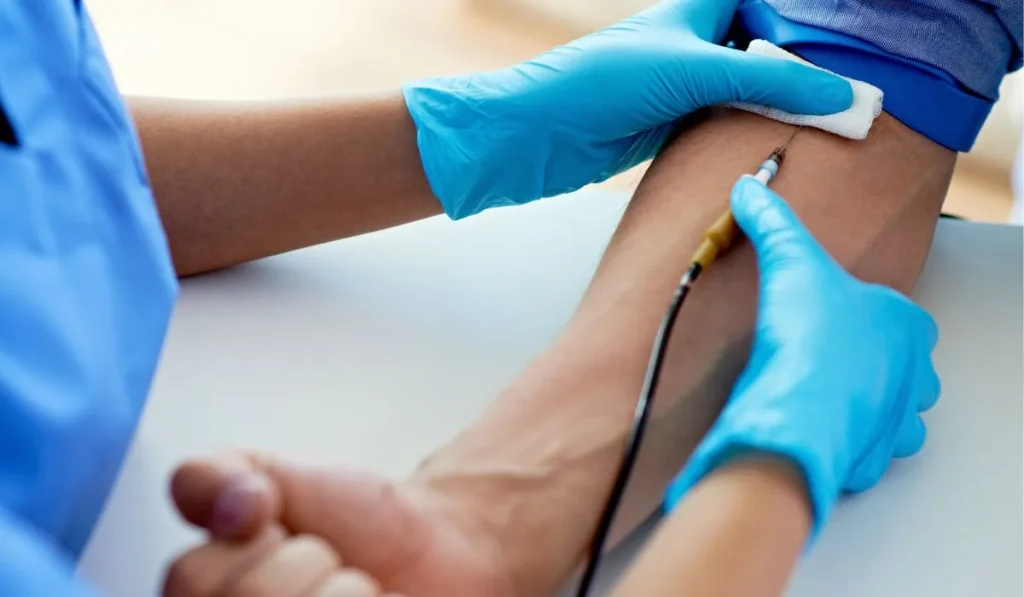
What Is Fluoxetine?
Fluoxetine is a selective serotonin reuptake inhibitor. This type of reuptake inhibitor works by changing how much serotonin is in your brain. Serotonin is a chemical that helps you feel calm and happy.
Doctors called a physician or a doctor of pharmacy may give fluoxetine to help with:
- Major depressive disorder
- Anxiety disorder or panic disorder
- Social anxiety disorder
- Stress problems
This medication is not the same as a controlled substance like amphetamine, methylphenidate, methamphetamine, or opioid drugs.
Does Fluoxetine Show Up on a Drug Test?
A drug test is a way for a laboratory to see if a drug, medication, or controlled substance is in your metabolism system. These tests look for things like:
- Opiate drugs such as morphine, codeine, hydrocodone, oxycodone, tramadol, hydromorphone, methadone, fentanyl, and heroin
- Cannabinoid like tetrahydrocannabinol (THC)
- Alcohol
- Amphetamine and methamphetamine
- Benzodiazepine such as alprazolam, diazepam, clonazepam
- Barbiturate
- Cocaine
Fluoxetine is not one of the drugs that labs usually test for. A urine test, saliva test, or immunoassay is not designed to look for fluoxetine. These tests look for metabolite markers from other drugs.
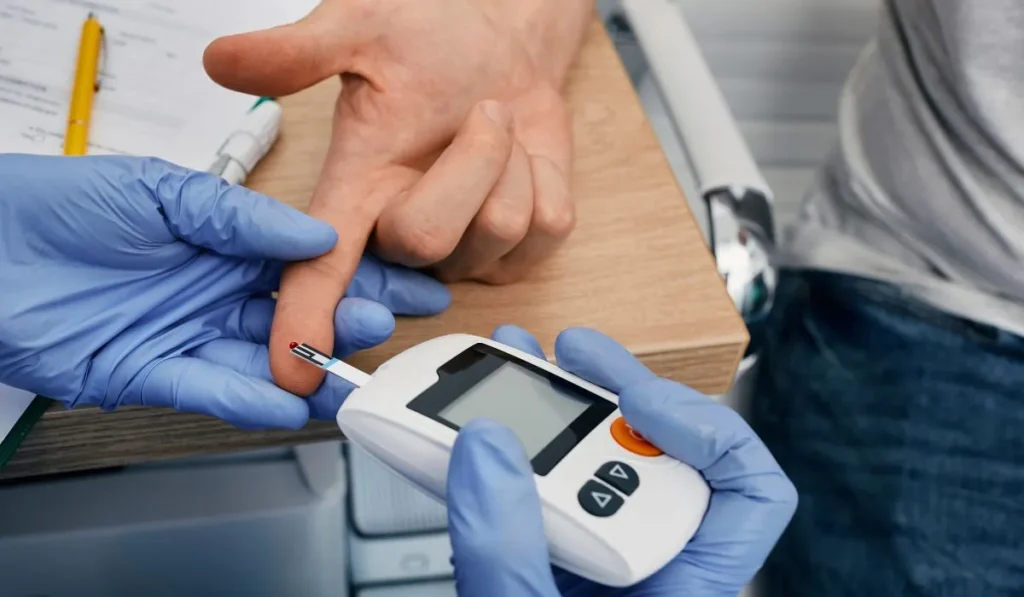
Can Fluoxetine Cause False Positives?
Sometimes a test shows false positives and false negatives. This means the test says a drug is there when it is not, or it misses a drug that is there.
Fluoxetine can sometimes confuse an assay or immunoassay test. This can make it seem like there is another drug. Rarely, fluoxetine has been linked to a false positive for amphetamine or phencyclidine (PCP).
This is why doctors may send your sample for a better test like chromatography or gas chromatography. These tests are more accurate.
What Kinds of Tests Are Used?
A laboratory may use:
- Immunoassay (fast but not perfect)
- Chromatography (better)
- Gas chromatography (best for exact results)
Why People Take Fluoxetine
Fluoxetine helps with mental health. It can help reduce panic, sadness, or worry. Some other medicines like:
- Sertraline
- Escitalopram
- Citalopram
- Paroxetine
- Duloxetine
- Venlafaxine
- Desvenlafaxine
- Bupropion
- Mirtazapine
- Trazodone
- Buspirone
- Aripiprazole
- Quetiapine
- Amitriptyline
- Tricyclic antidepressant
These all help with depression and anxiety.
What About Other Medicines on Drug Tests?
Other medicines can sometimes make drug tests hard to read. These may include:
- Ibuprofen
- Naproxen
- Diphenhydramine (antihistamine)
- Pseudoephedrine
- Dextromethorphan (for cough)
- Ranitidine
- Labetalol
Even over-the-counter drugs, alcohol, or food and drug administration approved medicines can cause confusion.
Does Taking Fluoxetine Mean I Will Fail a Drug Test?
Usually, fluoxetine does not make you fail a drug test. It is not a controlled substance, sedative, opioid, or stimulant.
If you are taking fluoxetine and have to do a drug test, tell your physician or the laboratory first. They can note your medication so the assay is read the right way.
Why Communication With Your Doctor Matters
Talking to your physician or psychiatry team is very important. They can help make sure your adherence to your medication is noted. They can also explain if your fluoxetine might show up.
Other Factors That Can Affect Drug Tests
- Metabolism: How fast your body breaks down a drug
- Enzyme changes in the brain and liver
- Mixing medicines like benzodiazepine, antipsychotic, tramadol, oxycodone, or methylphenidate
- Substance abuse or addiction history
When to Be Careful
Do not mix fluoxetine with:
- Monoamine oxidase inhibitor (MAOI)
- Alcohol
- Other antidepressant drugs without talking to your physician
Mixing medicines can cause adverse effect, even antidepressant discontinuation syndrome or serotonin overload.
Therapy and Support
If you are using fluoxetine, you may also have therapy like talking with a counselor. Therapy can help with:
- Anxiety
- Stress
- Addiction or substance abuse
- Attention deficit hyperactivity disorder (ADHD)
These programs work with your physician and sometimes doctor of pharmacy to keep you safe.
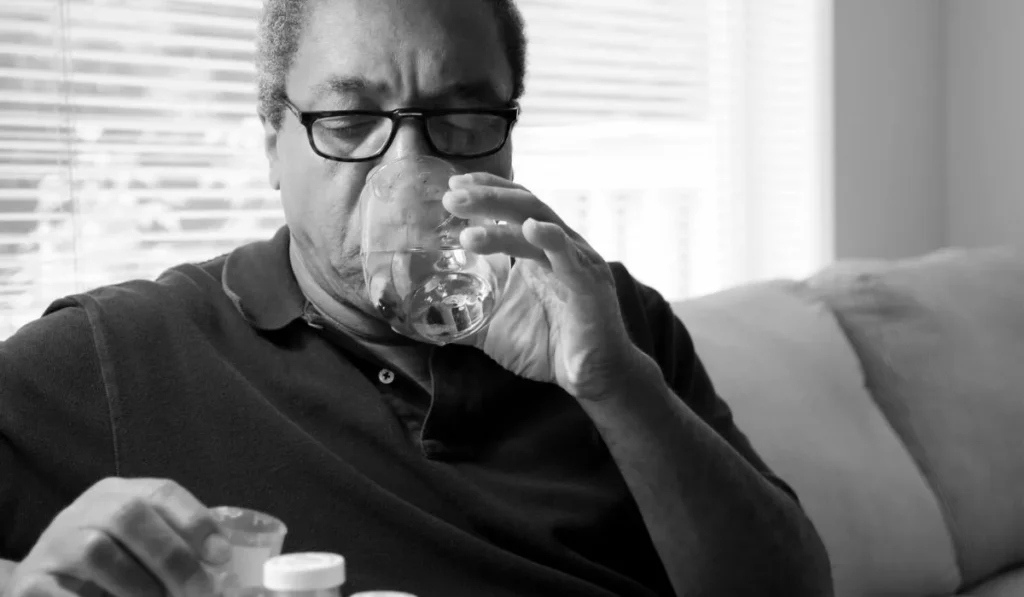
FAQs
Does fluoxetine show up on a urine test?
No. A urine test usually does not look for fluoxetine.
Can fluoxetine give a false positive?
Yes. It can rarely give a false positive for amphetamine or phencyclidine.
Is fluoxetine a controlled substance?
No. It is a medication but not a controlled substance like opioid or benzodiazepine.
Can I take fluoxetine if I need a drug test?
Yes. Just tell your physician and the laboratory before the test.
What if my test is positive?
If there is a question, your sample can be tested again with gas chromatography for a clear answer.
Sources
- Mayo Clinic. Fluoxetine (Oral Route)
- FDA. Prozac (fluoxetine)
- National Institute on Drug Abuse. Commonly Used Drug Tests
- MedlinePlus. Drug Testing
- American Addiction Centers. Drug Testing and False Positives
